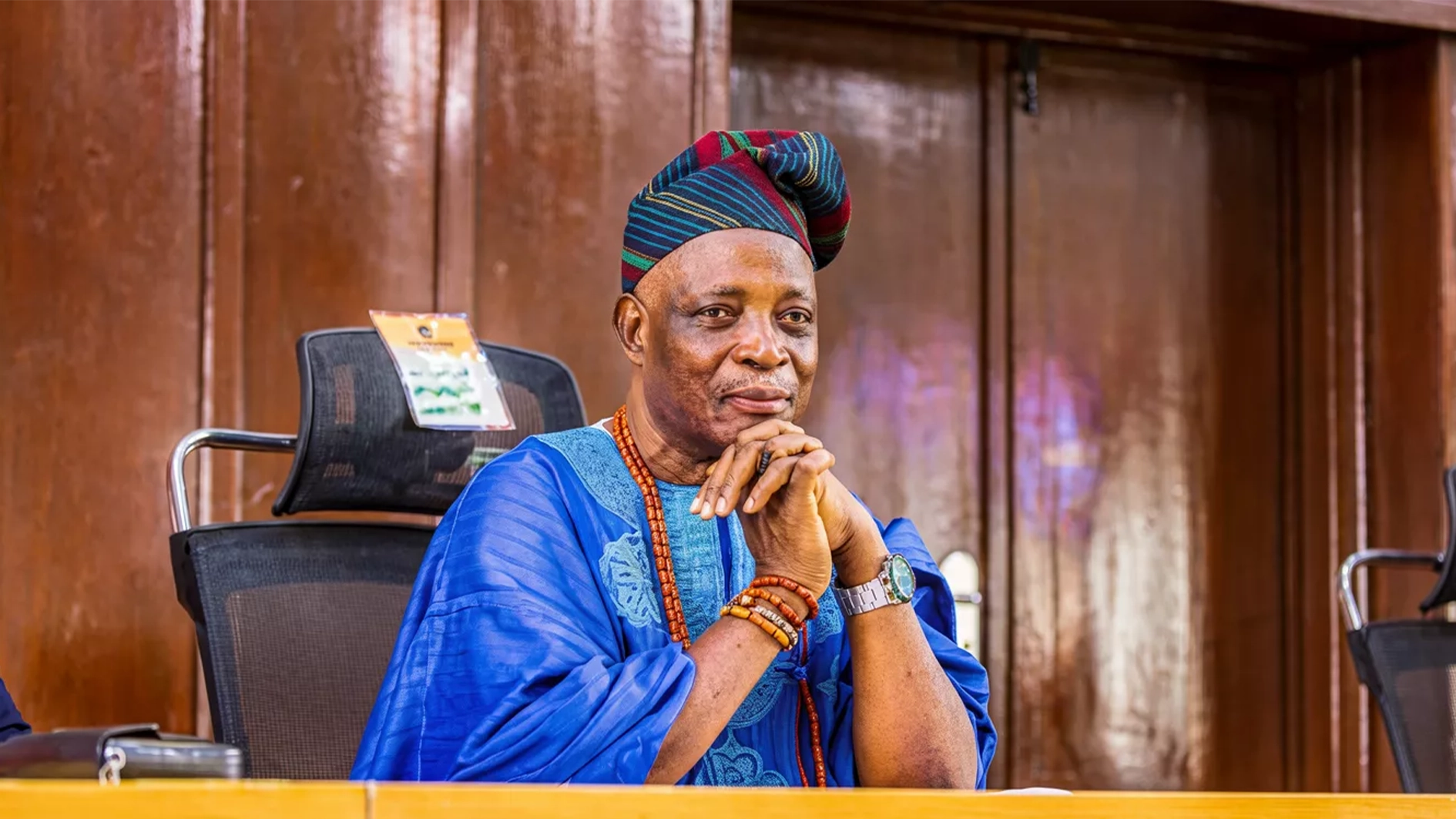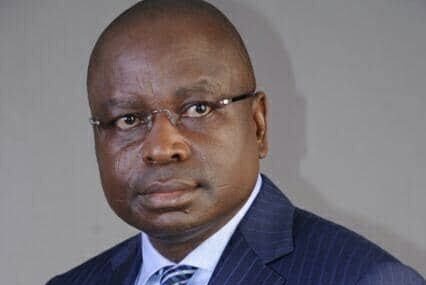The United Nations Children’s Fund (UNICEF) has urged journalists to adopt ethical standards in reporting issues relating to children to safeguard their rights as outlined in the United Nations Charter.
The call was made in a keynote address presented by the Chief Field Officer for UNICEF’s Port Harcourt Field Office, Dr. Anselm Audu, at a two-day regional workshop in Port Harcourt, Rivers State.
The training, organised by UNICEF in partnership with the Federal Ministry of Information, brought together media practitioners from the South-South, South-East and the North-Central regions of the country to review principles of ethical journalism and deepen focus on rights-based reporting on children and also equip them with the skills and ethical principles necessary for reporting stories involving children, especially those affected by insecurity and violence.
In his keynote address, the Chief Field Officer for UNICEF’s Port Harcourt Field Office, Audu described ethical reporting on children as “a vital service to democracy and to the community,” emphasising that journalists must prioritise the best interests of children over sensationalism.
“Ethical journalism builds trust, protects the vulnerable, and strengthens social cohesion. Children require special protection in the media because of their vulnerability. Ethical reporting includes safeguarding their identities, avoiding stigmatisation, and ensuring they are not re-traumatised through coverage.
“It means giving children a voice in a safe and respectful manner, with dignity and consent, while prioritising their best interests,” he said. “A sensational headline might sell, but an ethical story protects a child’s right to a future free from shame and harm.”
He cautioned against publishing names, photographs, or any identifying information of children affected by violence, conflict, or abuse, warning that such actions can re-traumatise victims, stigmatise families, and cause long-term harm.
He also urged journalists to support ongoing efforts to enforce laws protecting children’s rights, warning that individuals who share harmful content about children online may face prosecution.
Audu also called on journalists to go beyond event-based reporting and undertake investigative stories that amplify children’s voices and highlight the successes and shortcomings in humanitarian interventions.
“The society counts on the quality of your reports to shape the national conversation around children. Your pen can either protect or expose them,” he said.
He expressed optimism that the training would result in stronger, more impactful storytelling on child rights from the region.
UNICEF reiterated its commitment to working closely with the media and other partners like Child Rights Information Bureau of the Federal Ministry of Information to promote the well-being of children across the country, stressing that child-focused journalism remains central to changing the narrative in all of Nigeria’s most vulnerable regions
Similarly, the Permanent Secretary, Federal Ministry of Information, Mr. Ogbodo Chinasa Nnam, represented by Toye Falayi, Head of the Child Rights International Bureau (CRIB) of the ministry, encouraged participants to balance compelling storytelling with the highest standards of journalistic integrity.
“As journalists, you have a critical role in safeguarding children’s rights and influencing decisions affecting them.
“This training is an opportunity to deepen understanding of child protection laws, ethical principles, and the specific vulnerabilities of children in Nigeria.”
He acknowledged the contributions of media professionals and child rights advocates across the country, noting that while progress has been made in spotlighting child-related issues, much more needs to be done to ensure Nigerian children grow up in a safe and dignified environment.
The two-day workshop featured sessions covering practical case studies, legal frameworks, and professional standards for ethical child reporting in Nigeria’s complex security and cultural landscape.






